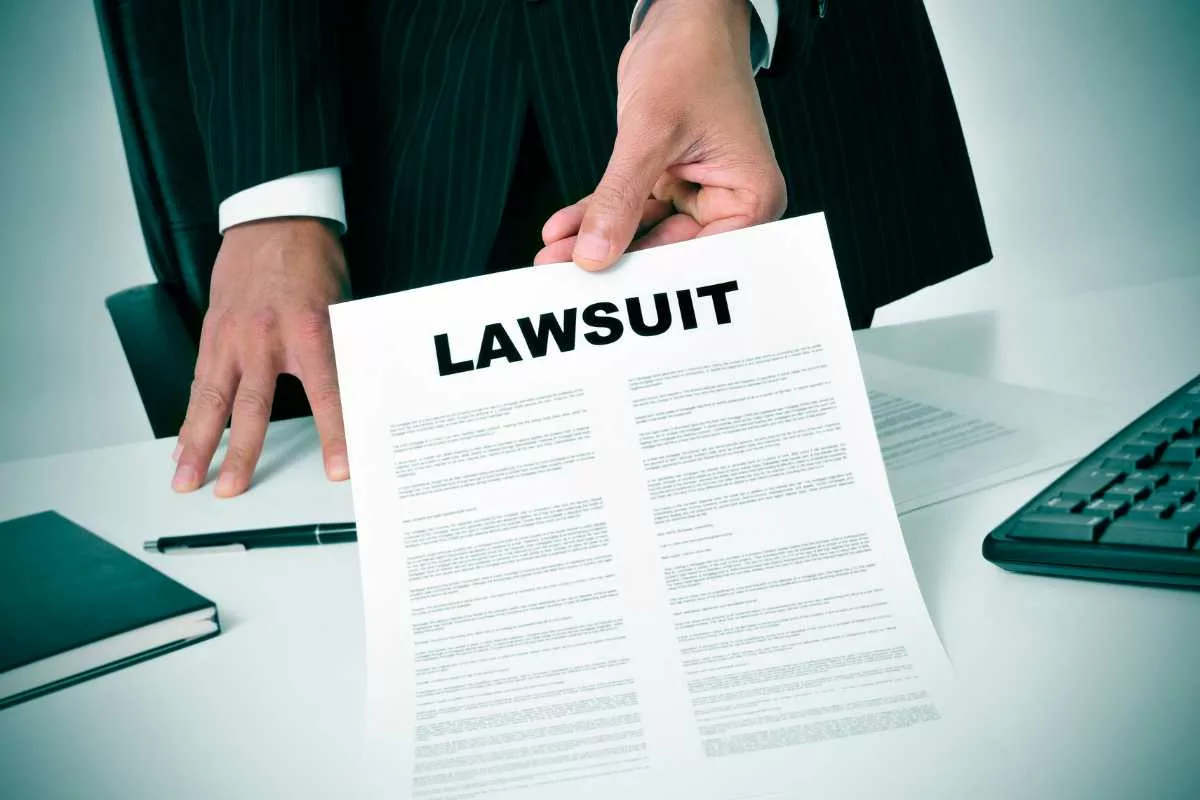It’s widely acknowledged that NFL merchandise comes with a hefty price tag, and a recent lawsuit against the NFL suggests that antitrust violations are a major factor behind this. Filed in a Manhattan federal court, a class action lawsuit targets the National Football League (NFL) and sports merchandise leader Fanatics. The plaintiff, an Illinois resident, accuses the NFL and its 32 teams of colluding with Fanatics to establish a monopoly in the online retail market for licensed sports merchandise such as jerseys and t-shirts. The lawsuit alleges that this collusion has artificially inflated prices, depriving consumers of the benefits of fair competition.
According to the lawsuit, rather than fostering competitive sales, the NFL and its teams have effectively granted Fanatics exclusive control over the market, with the sports merchandise company sharing its monopoly profits with the teams. This alleged arrangement has put other retailers at a disadvantage. This legal battle comes on the heels of previous attempts by a law firm to challenge Fanatics and the NFL for purported anticompetitive practices. However, a prior lawsuit faced dismissal by a Manhattan federal judge, who deemed that the case should be resolved through private arbitration.
The current plaintiff, Charles Franz, contends that his use of a third-party digital wallet to buy NFL merchandise should not subject him to an arbitration agreement. The lawsuit argues that Fanatics’ extensive control over both online and offline stores, including those affiliated with major sports leagues, has significantly impeded the competitive abilities of smaller retailers on platforms like Amazon.
Understanding the NFL’s Antitrust Exemption
The NFL’s antitrust exemption denotes a specific legal status allowing the league to partake in certain business practices that would typically be deemed antitrust law violations. Antitrust laws are designed to prevent monopolistic practices and foster competition. However, exemptions have been granted to professional sports leagues like the NFL.
A notable exemption for the NFL stems from the Sports Broadcasting Act of 1961. This act permits the NFL (and other sports leagues) to consolidate their broadcasting rights and sell them as a package to television networks—a practice that would typically breach antitrust laws by limiting competition. The rationale behind this exemption is to ensure the league’s stability and equalize revenue among teams, irrespective of their individual market size.
Why the Exemption Doesn’t Apply in the Present Case
The current lawsuit in question does not revolve around the NFL’s broadcasting rights or its internal operations typically covered by the antitrust exemption. Instead, it focuses on the NFL’s alleged monopolistic control over the online retail market for its licensed products. The lawsuit accuses the NFL and Fanatics of creating an unfair market environment by restricting competition from other online retailers, resulting in higher prices for consumers.
This matter falls beyond the purview of the NFL’s antitrust exemption as it pertains to the sale of merchandise, not broadcasting rights. The antitrust exemption is specific and does not extend to all commercial activities of the NFL. Consequently, if the NFL is found to engage in monopolistic practices in the retail market, it would be subject to standard antitrust laws applicable to most industries and businesses, aiming to safeguard consumers and competitors from unfair market practices.
Prospects for Success in This NFL Antitrust Lawsuit
Our attorneys typically address the types of lawsuits we handle and those that captivate our readers, with this case falling into the latter category. While we don’t specialize in antitrust lawsuits and cannot assess the likelihood of this lawsuit’s success, it undoubtedly draws significant interest.
More Lawsuit and Litigation News and Updates
To follow this and other lawsuits and ongoing litigation, check out Lawsuit Update Center.
